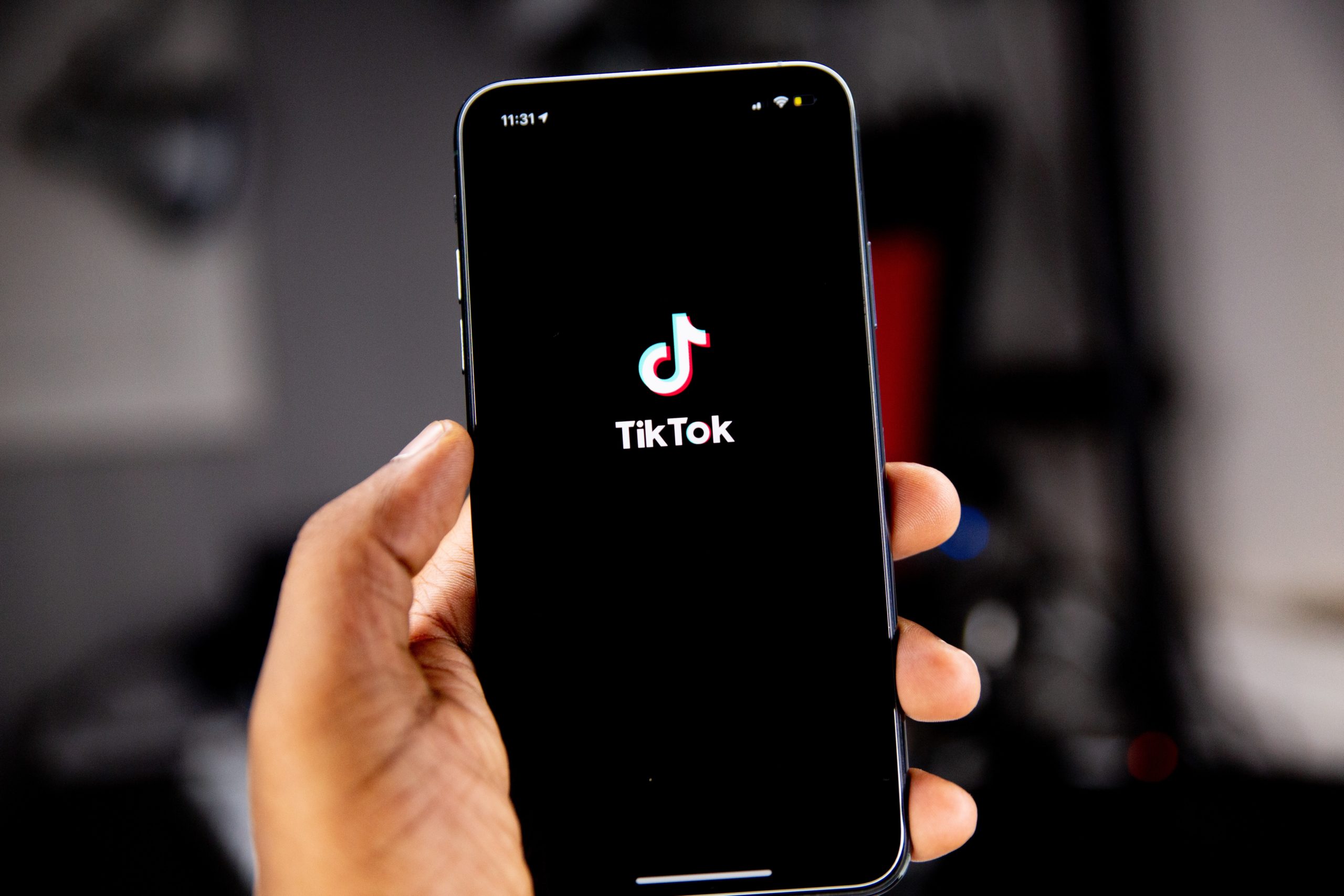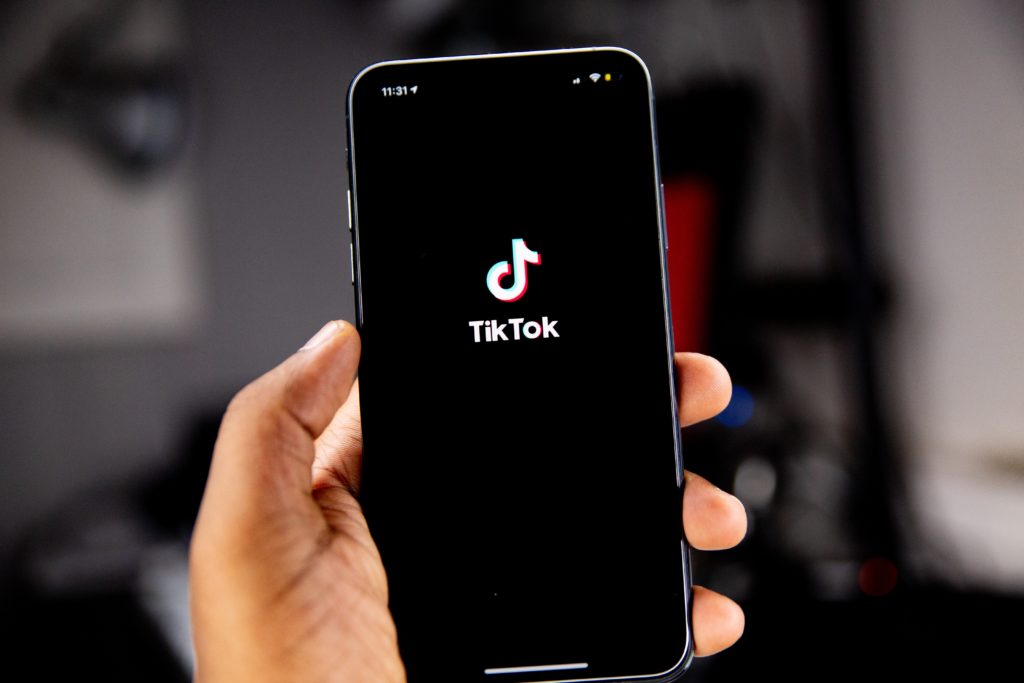Implications of a federal TikTok ban

Security concerns prompt threats of executive action and a hearing with House lawmakers
Following the introduction of a bi-partisan bill to ban TikTok, the Biden administration has also threatened executive action if the social video application’s parent company, Byte Dance, doesn’t sell its stake in TikTok, which would distance the popular app from the Chinese government. Chinese officials and executives have rebuffed the U.S.’s demands, making a sale unlikely and the possibility of a federal ban more realistic.
This week, TikTok’s CEO, Shou Chew, appeared before U.S. lawmakers to answer questions about whether American user data has been or could be accessed by the Chinese government. While Chew consistently denied assertions that U.S. user data is not secure, experts – including the sitting FBI director – have warned that the application could be used as a means of influence or espionage.
Several states have banned TikTok from government devices and the Biden administration has ordered that the application be removed from all federal smartphones. But what could a broader ban mean for other social networks, consumers, and marketers? Let’s explore.
Implications for U.S.-based social networks
For Meta’s primary social networks (Facebook and Instagram) as well as Alphabet’s YouTube, a TikTok ban could be seen as good news. Meta’s Reels and YouTube’s Shorts were developed as TikTok-like features to compete with the platform. A domestic ban of TikTok would help these platforms gain back their lost user base.
While a rival leaving the U.S. marketplace would be cause for excitement, social media moguls should also feel some trepidation. A U.S. ban of TikTok could set a worrying precedent, if not spur reprisal bans of U.S.-based social networks and internet services by lawmakers in other countries.
If not banned outright, the threat of similar action could put social media companies in a difficult position. For example, the European Union, which regularly levies fines against Meta and Alphabet for GDPR noncompliance and has recently explored the idea of an infrastructure tax targeting big tech, could threaten service disruption.
If ByteDance were to agree to sell TikTok, it’s also possible that a domestic company could take ownership. Meta and Alphabet may jump at the chance to take over a competitor but would likely face additional scrutiny over perceived monopolies of digital services.
Security or censorship?
In the context of discussing social media’s role in preserving free speech, many could question whether prohibition of social networking services from a foreign company is an appropriate security measure or a form of censorship. It’s ironic that the U.S. government would move to ban a Chinese social media company, even with data security concerns, when many lawmakers have criticized China for similar methods of censorship.
Questioning by members of the House Energy and Commerce Committee during this week’s testimony also illustrated how the line between terms of agreement and censorship can be blurred, with members of the committee accusing TikTok of suppressing videos critical of the Chinese government while permitting misinformation about the COVID-19 pandemic. The distinction between censorship and safety, it seems, depends on the bias of critics.
Muting a cultural phenomenon
There’s no denying that TikTok has had a significant impact on U.S. culture in recent years. From dance trends and internet challenges to TikTokers making the jump to television, the creativity of its users and the platform’s powerful recommendation engine has engrossed many Americans. Ahead of his congressional hearing, Chew attempted to position the app as “too big to ban” by announcing that TikTok had grown to 150 million active users in the U.S.
So, what would it mean if this portion of internet culture were taken away? Would those devoted to the latest trends simply move to another app? Would the TikTokification of content stall out? Given the profound impact TikTok has had on today’s culture, we expect that another platform would likely step in to fill the void. Several platforms have already tried, so it’s difficult to predict who would come out on top.
What this could mean for marketers
Although it’s difficult to predict if a bill proposed by lawmakers or executive action will impact TikTok’s future in the U.S., it’s important for marketers to consider how they might pivot strategies if TikTok were pulled from mobile app stores.
A ban could force companies to forfeit their profiles, but the lessons learned from forays into TikTok could still be applied to marketing efforts on other social networks. With similar content formats and algorithmic engines being incorporated into Instagram, Facebook, and YouTube, best practices would likely carry over onto these TikTok equivalents. Although they may be more elusive than other generations online, there are other options for reaching Gen Z. Marketers hoping to target this generation of consumers would need to follow their migration in the event of a ban.
Regardless of what happens next, marketers with flexible social media content and channel strategies will still be able to reach and engage their audiences online. An emphasis on meaningful and valuable content targeted to the right audiences will insulate marketing leaders from channel disruptions. And while TikTok’s future in the U.S. is uncertain, the strategies that have made brands and advertisers successful on TikTok can (and should!) be applied to other channels.
This POV, originally published December 19, 2022, was updated March 24, 2023, to account for changing policy discussions and incorporate takeaways from testimony before the House Committee on Energy and Commerce



